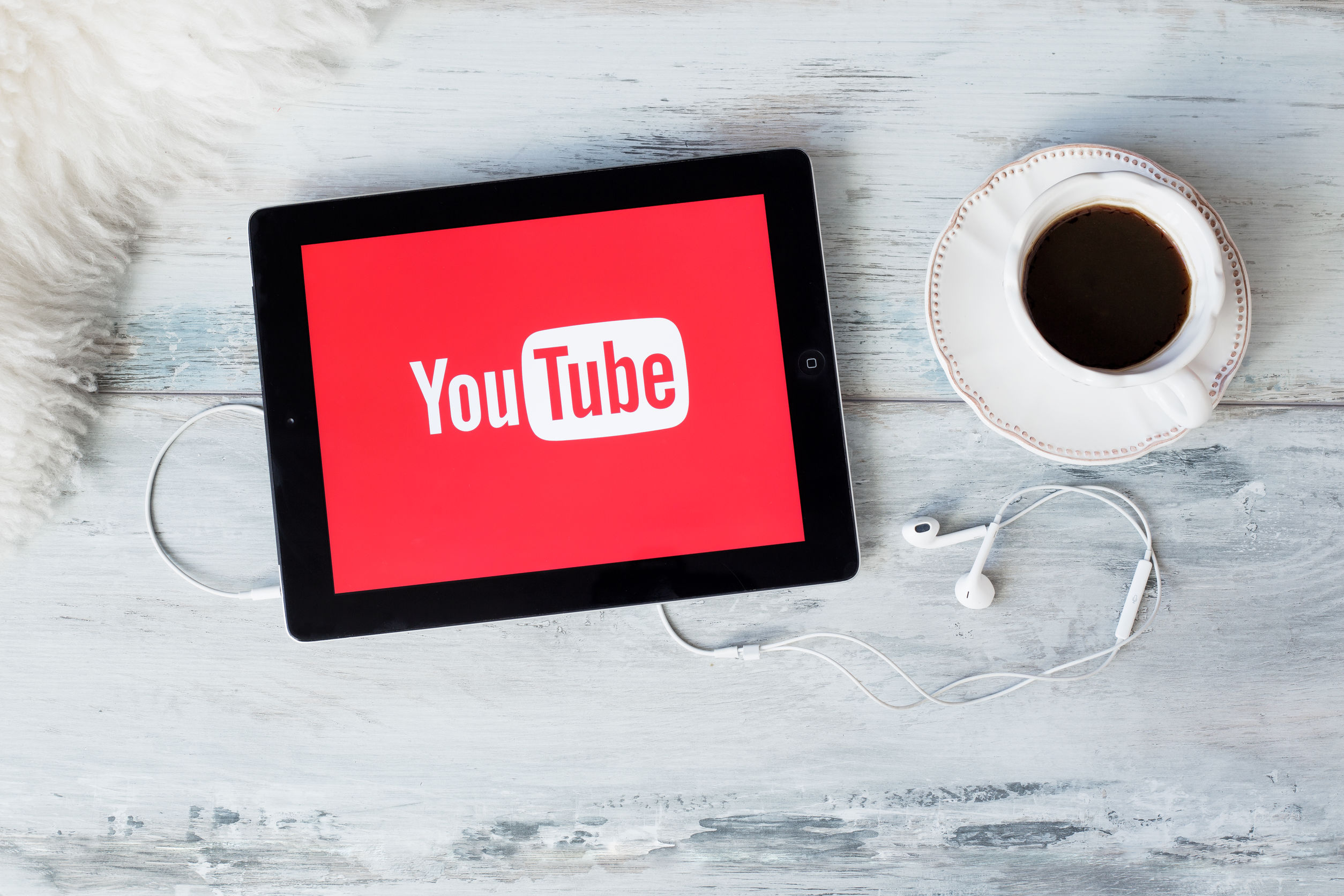New social media features and updates to know this week
Including updates from YouTube, Threads, LinkedIn and more.

Big things are happening across social media this week – and a few major themes are standing out.
Verification is taking center stage, with Meta, LinkedIn and Bluesky all rolling out new ways to help users and brands prove they’re the real deal. Meanwhile, YouTube is celebrating a huge milestone – its 20th birthday – by launching new features to make creating, discovering and connecting even easier.
Let’s dive in.
YouTube
YouTube is ushering in its big birthday in style with new features.
For creators, YouTube is expanding the ability to reply to comments with voice messages, a feature previously available only to a small group. Creators can also now add related videos to their Shorts, offering new ways to drive engagement.
On the user side, a new Song Search feature lets users hum or sing a tune to identify it and add it to their playlists, available on both YouTube and YouTube Music.
The Google-owned company is also giving its Premium members new playback options, including 4x speed on mobile and a long-press shortcut to watch at 2x speed.
In non-birthday news, YouTube announced the testing of an AI-powered video carousel to surface clips related to search queries, such as product reviews or travel tips. The test is limited to a small group of Premium members in the United States for certain English-language queries.
YouTube has also expanded its auto-dubbing feature to all creators in the YouTube Partner Program, allowing them to easily translate videos into multiple languages, according to its weekly Creator Insider podcast.
For live-streams, YouTube now offers “combo gifting,” allowing viewers to send multiple digital gifts during broadcasts. Each new gift adds to a counter, boosting streamer earnings and encouraging viewer participation.
LinkedIn has launched Qualified Leads Optimization to help advertisers prioritize prospects more likely to convert into customers. The feature integrates with CRMs like HubSpot and Salesforce to streamline lead data and ad delivery.
The platform is also expanding its verification system, allowing external sites to integrate LinkedIn’s identity verification tools. Adobe is among the first partners, adding LinkedIn verification to its Content Authenticity app, as well as Behance, a social network for creatives.
More than 80 million users have verified themselves on LinkedIn since the system’s launch in 2023.
Bluesky
Speaking of verifications: Bluesky is introducing a new verification system featuring a blue checkmark-style indicator for verified and notable accounts.
The platform, which initially launched domain-based verification in 2023, said the updated system responds to user requests for a clearer way to spot authentic accounts.
Beyond direct verification, Bluesky is launching “trusted verifiers,” allowing organizations like The New York Times to authenticate their employees on the platform. Checks issued by trusted verifiers will have a scalloped design, per Bluesky.
Users can still self-verify by linking a domain and a request form for verification will be made available in the near future.
Meta
Meta also jumped in on the verification front, expanding its Meta Verified program. The updates include:
- Advanced original content protection: Creators can request a human review of original content on Instagram, with a label added to reposts to link back to the original creator.
- Verified badge visibility: There are new in-app education prompts that more clearly tell “people when a business account is not yet Meta Verified.” Meta said it plans to test these prompts and labels with a small subset of users over the next few months, but it didn’t provide any other details.
- Increased engagement: Subscribers will benefit from more visibility, including appearing higher in search results and receiving in-feed recommendations.
Facebook
Facebook continues its effort to restore a more personal, OG experience by cracking down on spammy content in users’ feeds.
After introducing a new Friends tab to help users connect with people they know, Facebook is now limiting the reach of posts with distracting captions, excessive hashtags or low relevance. These posts will only be shown to followers and will no longer be eligible for monetization. It’s also targeting spam networks that use multiple accounts to flood the feed with repetitive content.
To help combat fake engagement and impersonation, Facebook introduced Moderation Assist, a tool that helps creators detect and manage fake comments and impersonators.
Instagram has officially launched Edits, its standalone, CapCut-style video creation app.
Edits allows users to shoot and edit videos in one place with tools like frame-accurate timelines, auto-captions, video overlays, AI image animation and a built-in green screen. Users can export high-quality, watermark-free videos and post directly to Instagram, Facebook or other platforms.
Instagram plans to add more features to Edits soon, including keyframe animation, AI-driven video modifications and collaboration tools.
Threads
Meta has moved Threads’ domain to Threads.com as part of a series of updates aimed at improving the desktop experience for users.
New features include customizable web feeds, an easier layout tool to add feed columns and a pop-up composer that stays visible as users scroll. Users can now also save and access liked posts more easily and share posts as images across other platforms.
Threads also has expanded ads on the platform to global advertisers. Ads in Threads are now available to all eligible advertisers by default through Advantage+ and manual placements. Social teams can opt out of this new placement, Threads feed, via the manual placements function.
WhatsApp has introduced Advanced Chat Privacy, a feature designed to protect personal and group conversations.
This setting prevents chats from being exported, media from being auto-downloaded and messages from being used in AI features. The feature is especially useful for group chats where privacy is a concern, like health support or community organizing groups, per WhatsApp.
Users can enable it by tapping on a chat name and selecting “Advanced Chat Privacy.”
Casey Weldon is a reporter for PR Daily. Follow him on LinkedIn.







